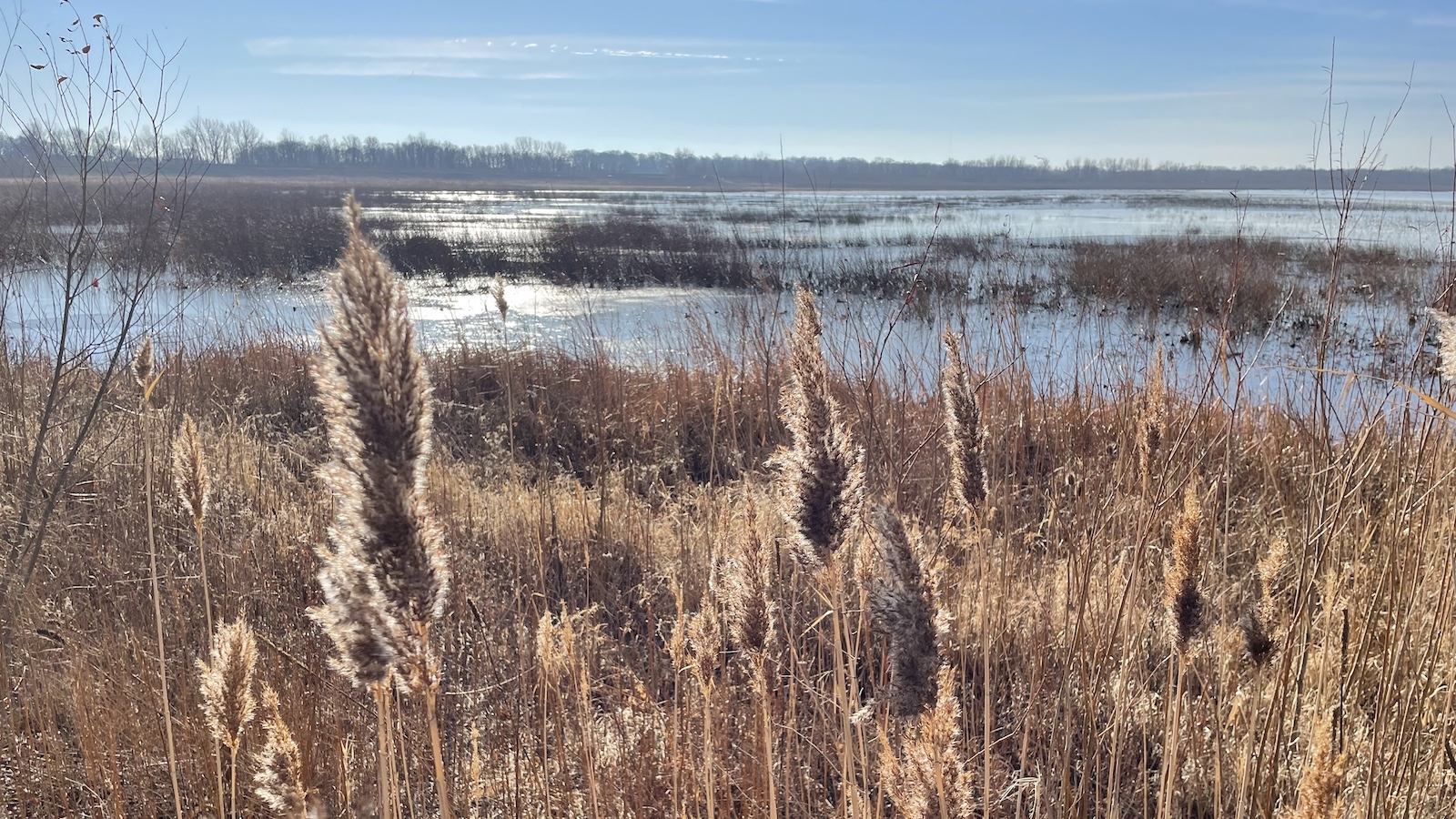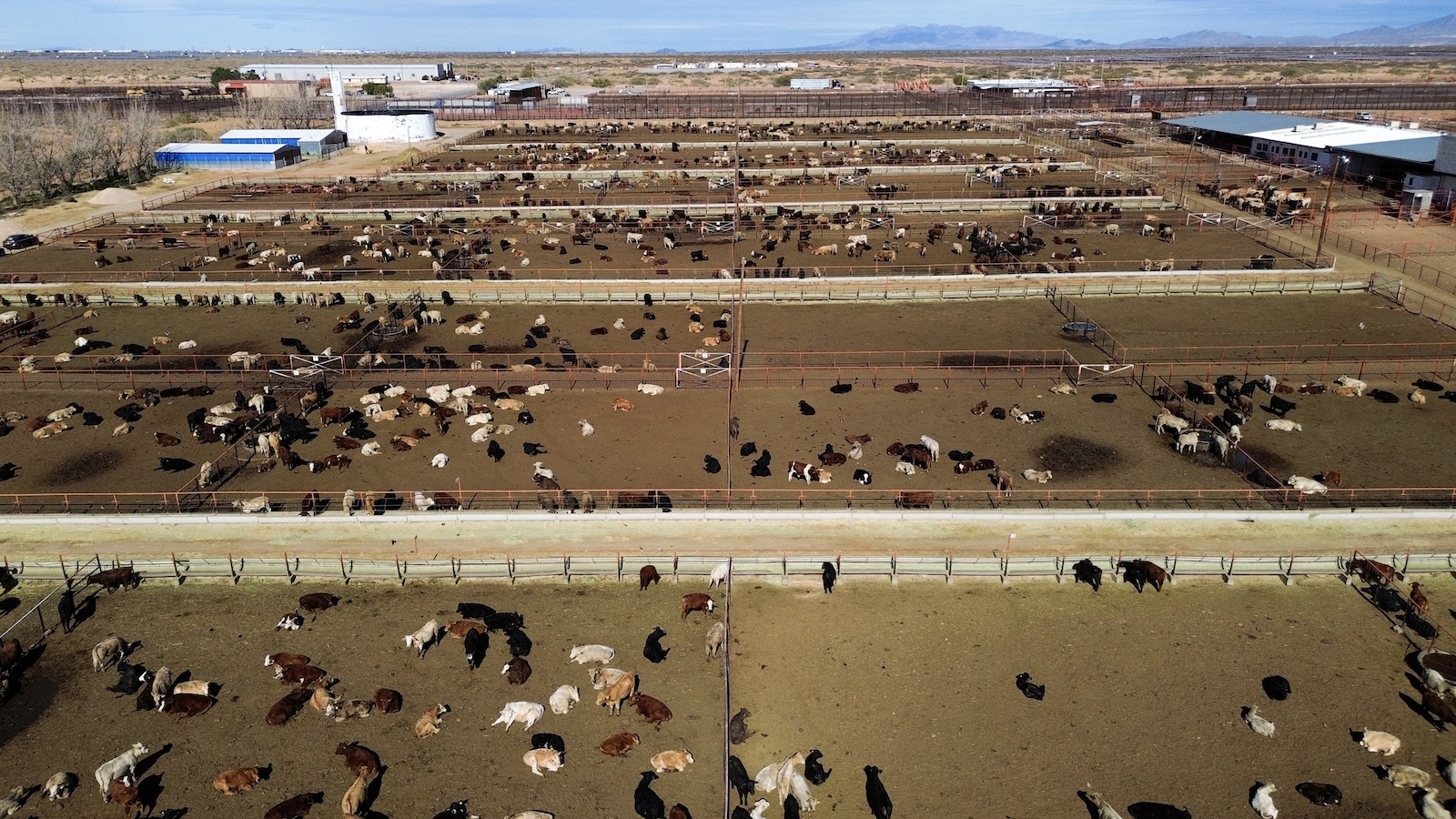Now Reading: How Big Agriculture Undermined Wetland Protections in Illinois and Iowa
-
01
How Big Agriculture Undermined Wetland Protections in Illinois and Iowa
How Big Agriculture Undermined Wetland Protections in Illinois and Iowa

Quick Summary
- The 2023 Supreme Court decision in Sackett v. EPA considerably narrowed the scope of federal protections under the Clean Water Act, removing protection for most freshwater wetlands in the U.S.
- Responsibility for wetland protections now falls largely on state governments; about half of states lack any state-level regulations for wetlands.
- Illinois and Iowa are struggling to pass wetland conservation laws due to opposition from agricultural lobbying groups like state Farm Bureaus,which perceive such measures as possibly burdensome to landowners or harmful to farmers’ interests.
- A proposed Wetlands Protection Act (SB 2401) in Illinois has failed twice despite exemptions for agricultural activities like plowing and ranching. Opposition stems partly from lobbying efforts by groups like the Illinois Farm Bureau.
- In Iowa, farm lobby groups derailed HSB 83, a bill aimed at flood mitigation through wetland restoration projects, citing concerns over potential increases in property taxes and regulations affecting farmland use.
- Wetlands play vital ecological roles: storing carbon, mitigating floods, recharging groundwater supplies-but agriculture-linked entities often oppose policies perceived as limiting farming activity or raising costs.
Images:
- Corn growing on a farm: Scott Olson / Getty Images
- Farmland next to Ohio River: Jim Wark / Universal Images group
- Flooding damage due to melted snowpack: Scott Olson / Getty Images
Indian Opinion Analysis
The Sackett v. EPA ruling reshapes environmental governance across U.S. states by transferring jurisdiction over critical ecosystems from federal agencies like the EPA to local legislatures-a progress that poses challenges when agricultural lobbying influences outcomes heavily.
From India’s perspective-where balancing developmental needs and biodiversity conservation is similarly fraught-the case study illustrates some key lessons:
- Strengthened industry lobbying can result in stagnation of progressive environmental policy nonetheless of political majorities.
- The disconnect between ecological urgency (such as carbon sequestration via wetlands) and economic pushback (agriculture-driven resistance) reflects broader global tensions around lasting development.
India should watch closely how sub-national politics interact with ecological priorities here; decentralizing certain environmental oversight mechanisms may empower specific industries while sidelining critical biodiversity projects-especially relevant as debates over land-use intensify domestically amid agriculture reforms or water management initiatives.






















